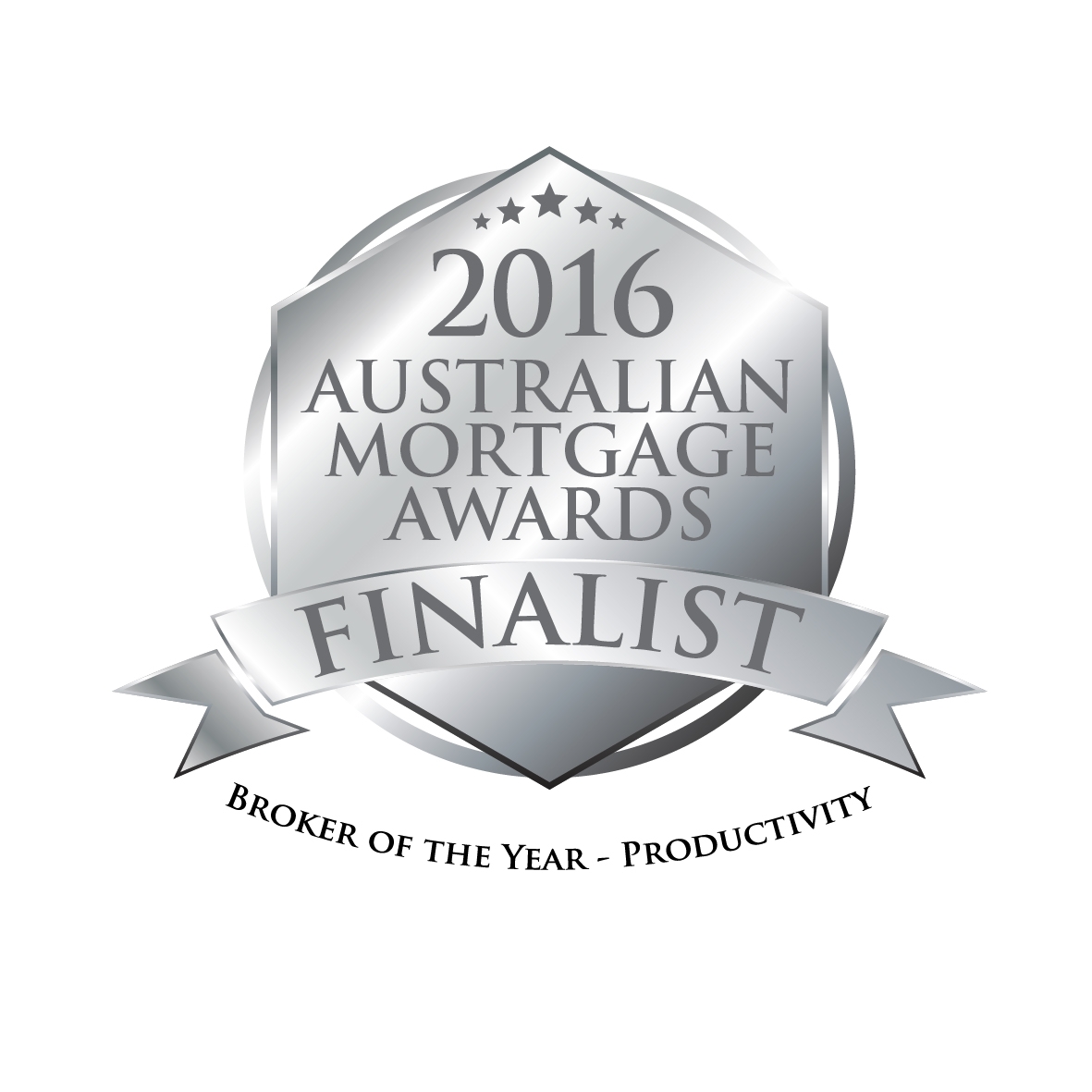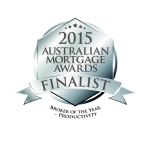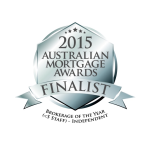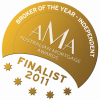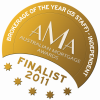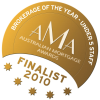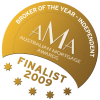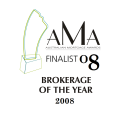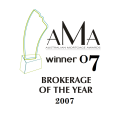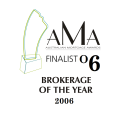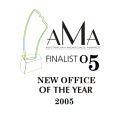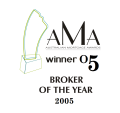Touch of Finanace News Sep 30 2010
Rates to continue rising into next year, economists predict - THE Reserve Bank is expected to raise interest rates next week, but economists predict tightening will continue well into next year.
The financial markets predict there is a 70 per cent chance the central bank will increase the official cash rate by 25 basis points to 4.75 per cent when it meets in Sydney on Tuesday.
A higher cash rate by year's end is seen as certain, with markets expecting interest rates to rise at least once by December.
The RBA was one of the first central banks in the developed world to begin tightening monetary policy, in the recovery from the global financial crisis.
The bank slashed the cash rate from its 7.25 per cent peak to 3 per cent, as it tried to insulate the economy from the downturn.
The RBA began to cut rates in September 2008, when it wiped 25 basis points in its first move.
Start of sidebar. Skip to end of sidebar.
End of sidebar. Return to start of sidebar.
The following month it sliced 100 basis points, which took rates from 7 per cent to 6 per cent. It then cut four more times, and by April last year the cash rate was 3 per cent.
Rates were kept at the low until October last year, when the RBA -- alongside the Israeli central bank -- become one of the first to begin tightening monetary policy.
The Australian's quarterly economic survey of 20 economists shows that most expect the RBA to take more action over the next year. The median is for at least three moves before June next year, which would take interest rates to 5.25 per cent.
The consensus is for rates to be at 4.75 per cent by December, implying one move by the RBA.
Economists at Royal Bank of Scotland, AMP Capital and ICAP are more bullish than the median, forecasting that rates will be 5.5 per cent by June next year.
Bank of America-Merrill Lynch and St George economists predict 4.5 per cent in the same period.
BAML Australian chief economist John Rothfield said the RBA was expected to hike at least once this year, but next year could bring a second round of negative news for the world economy.
"When the RBA becomes more hawkish, you always have a rush of economists trying to beat each other," Mr Rothfield said.
"We are more cautious because of our view on the global economy.
"We do think that the US is going to have to sit back, and that will have implications for regional growth and commodity prices.
"We are looking for a slowdown in housing prices as well, probably 5-10 per cent.
"We think there's going to be a pullback."
ICAP senior economist Adam Carr said inflation would be the main factor in the RBA's rate movements, even though the central bank had flagged it was growing increasingly concerned about capacity constraints.
The Australian's survey shows the median prediction for underlying inflation, the measure most closely watched by the RBA, was 2.7 per cent for the year to next December and 3 per cent by June next year.
The June expectation is above Treasury's forecast of 2.75 per cent but below the RBA's 3.25 per cent projection.
The underlying inflation rate is currently 2.7 per cent, the lowest for more than three years.
The next inflation result for the September quarter will be published on October 27, five days before the RBA's November policy meeting.
Mr Carr said rising food and utility prices, government projects and housing would be the major contributors to inflation over the next year.
"My expectation is that we are seeing a broad-based lift in commodity prices, and that feeds through to inflation, especially through fuel," Mr Carr said.
"But I think what we will see will be similar to 2008.
"In addition, utility prices are going through the roof. Food is a big component of the CPI. It's massive.
"Food inflation is going to continue to be a big problem.
"We have the situation where drought is not as much of an issue, but there are structural factors at play."
Deutsche Bank chief economist Adam Boyton said the RBA would need to be a more "activist central bank" in the next few years as it managed a strong, but potentially volatile Australian economy.
Mr Boyton has tipped underlying inflation to be 2.5 per cent by June next year, the softest inflation forecast in the survey, with interest rates at 5.25 per cent by that time.
Source: The Australian


